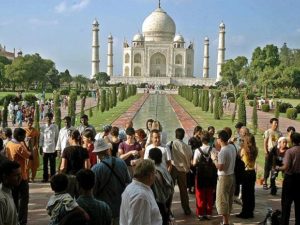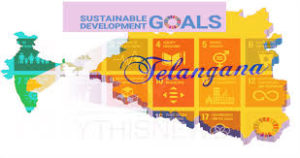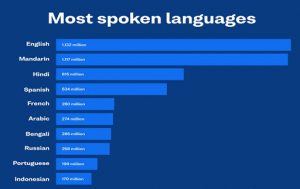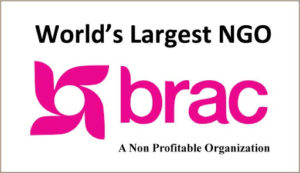India ranks 34th in Travel & Tourism Competitiveness Index

India’s rank in Travel and Tourism Competitiveness Index of World Economic Forum has moved to 34th position from 65th rank in 2013. Foreign Tourist Arrivals also registered a growth of 3.2 percent last year. Government is committed to make policies and programmes for the development and promotion of tourism and the year 2019 witnessed several steps in this direction.
Reducing E-visa fees, decreasing GST rates on hotel room booking and opening 120 new peaks for mountaineering are among the major highlights of Tourism Ministry in 2019. Along with these several steps taken under Swadesh Darshan, PRASHAD Scheme and various other events of Ek Bharat, Shresth Bharat were also undertaken during the year.
An initiative called – ‘Adopt a Heritage: Apni Dharohar, Apni Pehchaan’ has been launched for developing tourist amenities at heritage and tourist sites and making them tourist-friendly. E-visa has been further liberalized and visa fee on e–visa has been substantially reduced to increase tourism competitiveness of the country. The Government has also opened more than 120 mountain peaks for mountaineering and trekking for promoting adventure tourism in the country.










